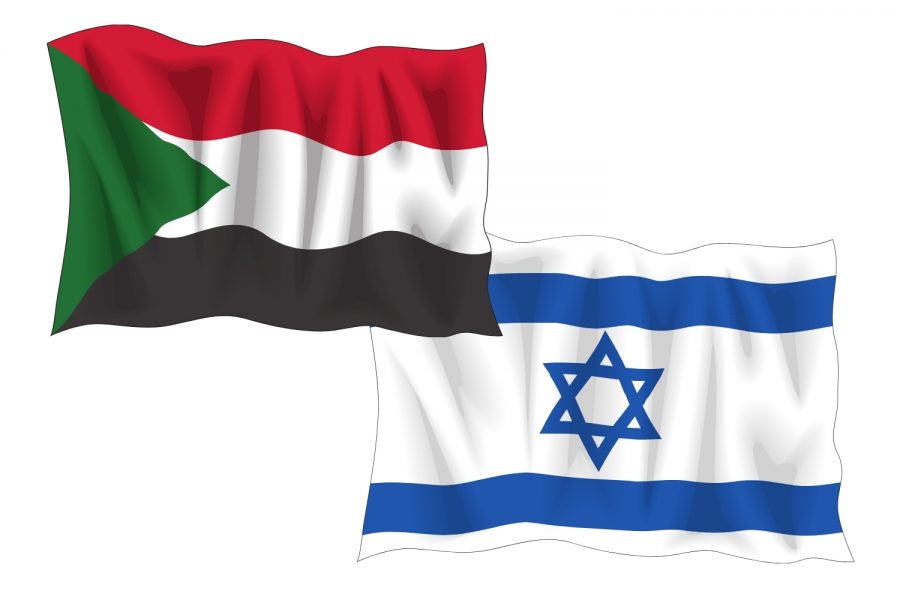Israel and Sudan have agreed to normalize relations in a deal brokered by the U.S. Oct. 23.
The Israel–Sudan normalization agreement makes Sudan the third Arab country to reach peace deals with Israel in the past two months, following the United Arab Emirates and The Kingdom of Bahrain.
Up until the last two months, Jordan and Egypt have been the only two Arab countries to officially recognize Israel, in 1979 and 1994 respectively. According to the BBC, President Donald Trump said that “at least five more” Arab states, including Saudi Arabia, are considering normalizing relations with Israel.
In the past, Arab countries have taken into account Palestinians before establishing peace with Israel, especially Sudan. The Arab League even met in Khartoum, Sudan in 1967 after the Six-Day War and issued the “The Three No’s”: no peace with Israel, no negotiations with Israel and no recognition of Israel.
Palestinian student Sara Fakhry (’22) said that the Israel-Sudan normalization is problematic, as it will ultimately make peace between Palestine and Israel more elusive.
“When regarding peace and moving towards resolution about conflict between Palestine and Israel, if more countries are normalizing what’s happening in Israel, it will become even harder to create peace,” she said.
By having peace in the Middle East, it means we can get to the issue of the Palestinians and the Israelis and we can focus on it.
— Daniel Phillips ('21)
In contrast, Daniel Phillips (’21), who was born in Israel, said that this deal will promote peace between Palestine and Israel.
“By having peace in the Middle East, it means we can get to the issue of the Palestinians and the Israelis and we can focus on it,” he said.
Social Studies Teacher Terry Gladis said that the deal ultimately benefits both Sudan and Israel.
“For Israel, I think, you know, they’re probably pretty happy being recognized by another country in the Arab League,” he said. “Obviously Sudan is loving it, just because now Sudan is removed from the list of state sponsors of terrorism from the United States.”
However, Gladis said that he acknowledges how this deal may also harm Palestine.
“If I was a Palestinian, I wouldn’t be happy about it, because the more Arab countries that are supporting Israel, the less, you know, recognition Palestinians are going to get in many ways,” he said.
Furthermore, Trump finalized the agreement over the phone with Israeli Prime Minister Benjamin Netanyahu and head of Sudan’s Sovereign Council Abdel Fattah al-Burhan.
This isn’t a peace agreement at all. I mean, if anything, it’s not groundbreaking, it’s the United States arm twisting.
— Social Studies Teacher Terry Gladis
After announcing the deal, Trump told Congress he would formally remove Sudan from the U.S. list of states that sponsor terrorism, after the East-African nation was on the list for 27 years. Being taken off this list would subsequently unblock access to debt relief and foreign financing.
Fakhry said that being taken off the terrorism list was likely Sudan’s primary incentive for normalizing relations with Isreal.
“It kind of shows that they’re not really doing it to protect Israel, they’re doing it more as a way for them to protect themselves, which is kind of even worse,” she said.
Similarly, Gladis said that this deal was more motivated by economics as much by Sudan’s peace interests.
“It’s a total incentive for Sudan to make a deal with Israel just because Sudan is in a terrible position economically,” he said. “There are a lot of sanctions that are limiting them by being on that list. This isn’t a peace agreement at all. I mean, if anything, it’s not groundbreaking, it’s the United States arm twisting.”
However, Phillips said that the U.S. would not have taken Sudan off the list solely to promote Arab-Isreali relations, and said that the U.S. was already planning to remove them.
“I think it’s not purely relations with Israel that took them off the list, because although I understand that Trump is a big supporter of Israel, I don’t think that he would put peace in the Middle East before the security of the American people,” he said.
This story was originally published on The Standard on November 3, 2020.



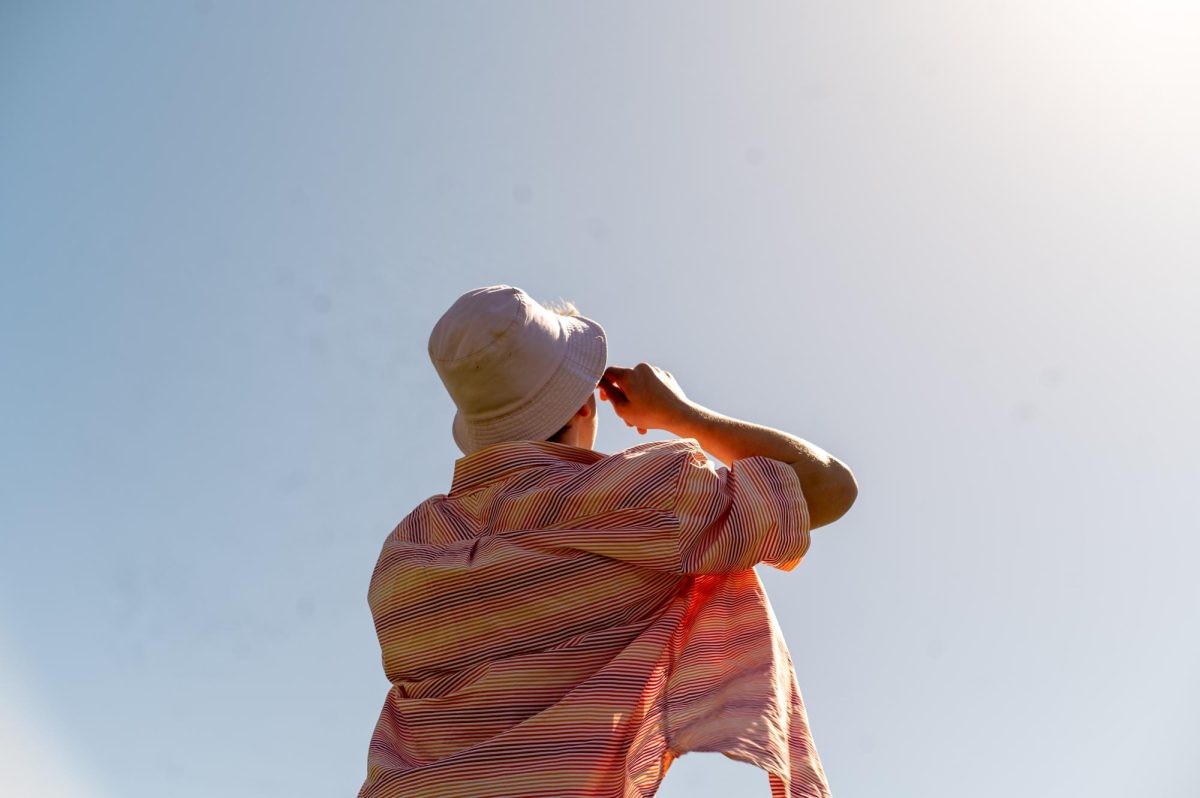
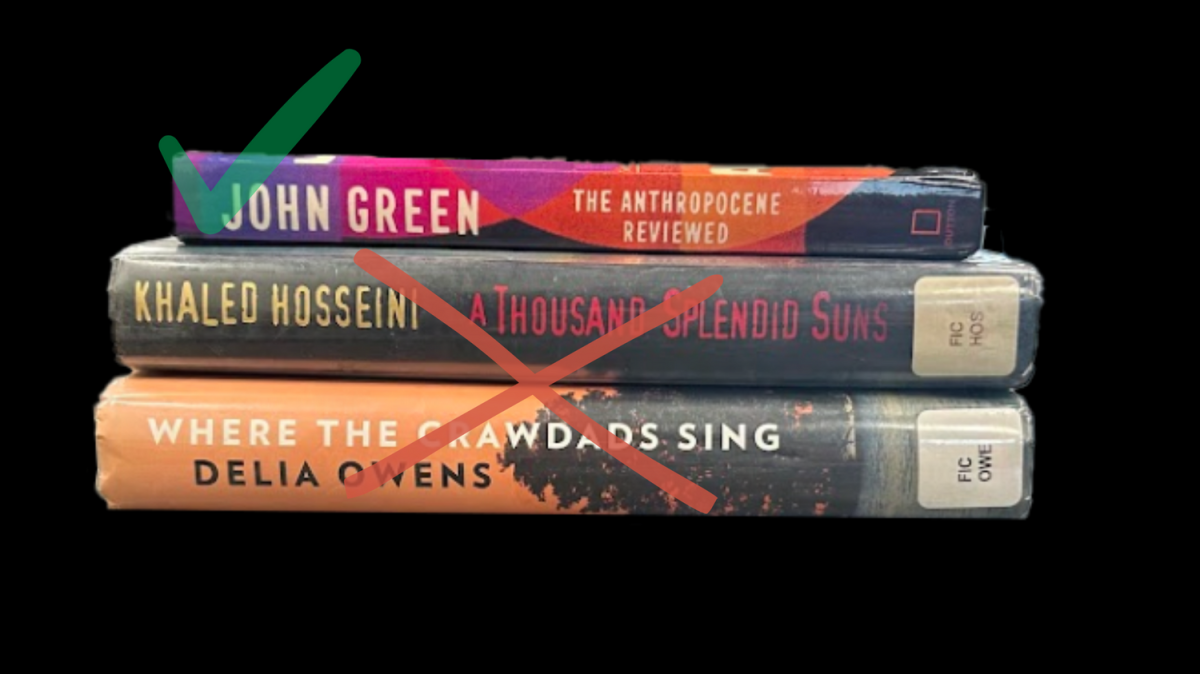
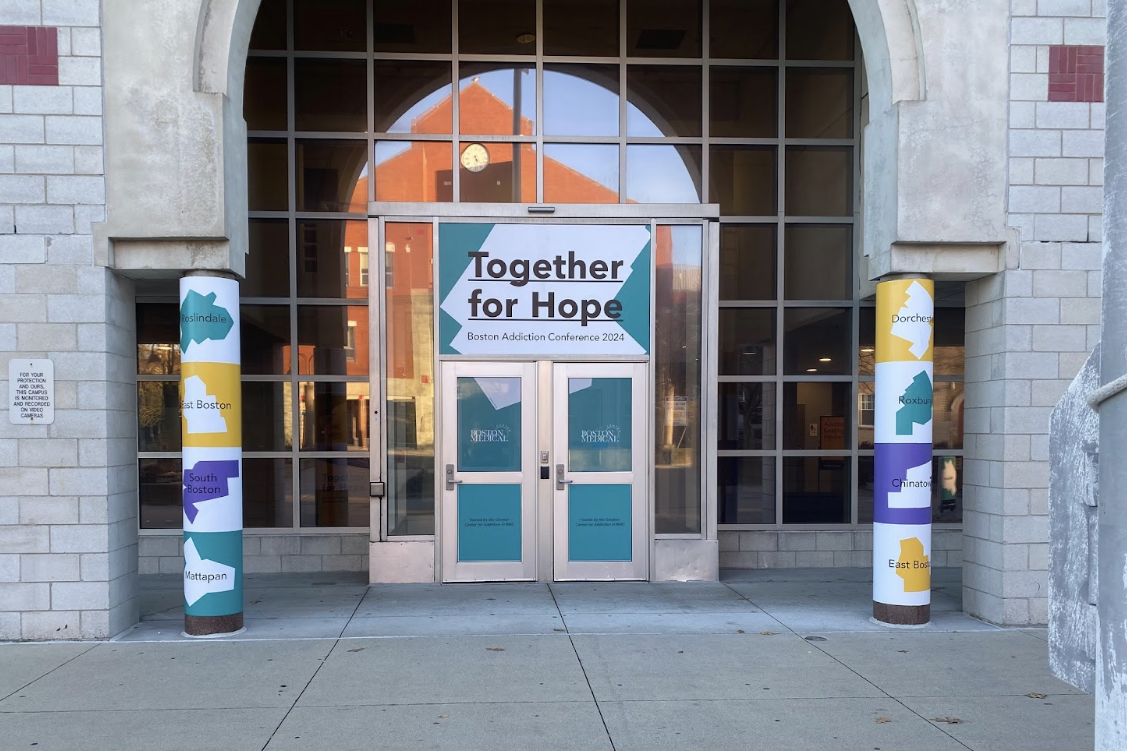
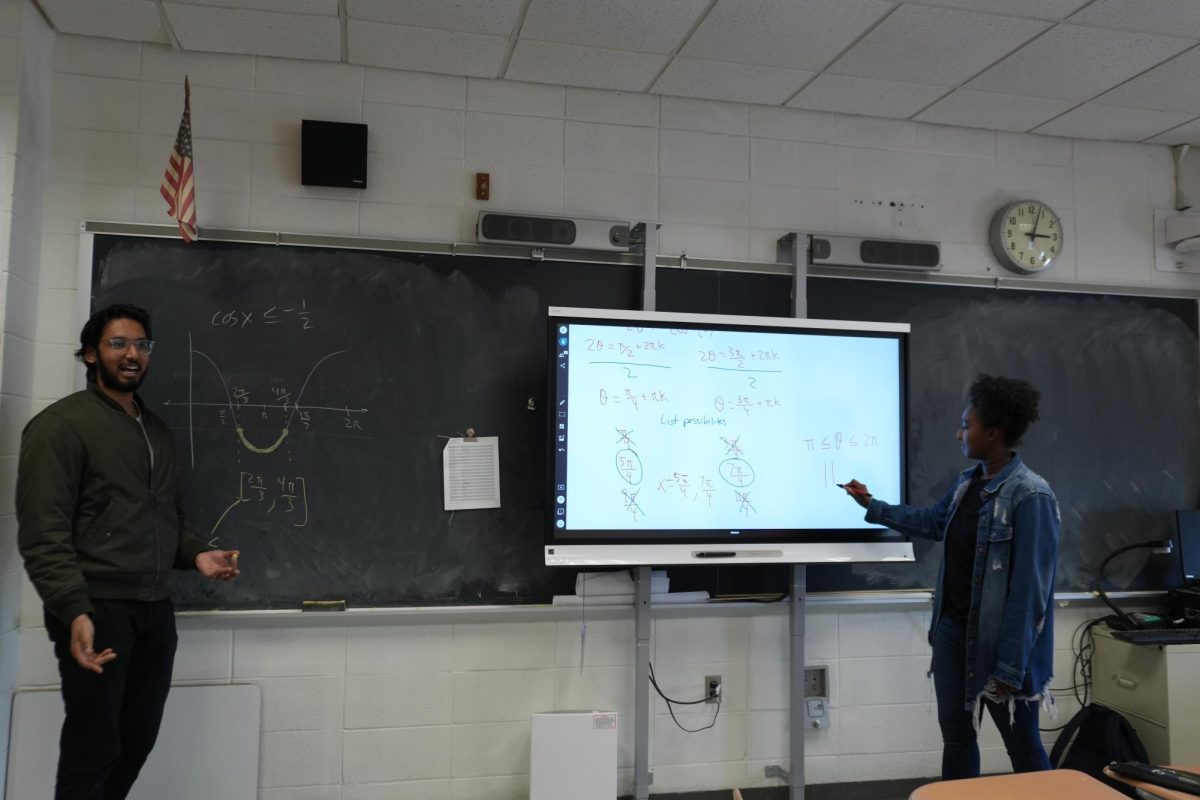







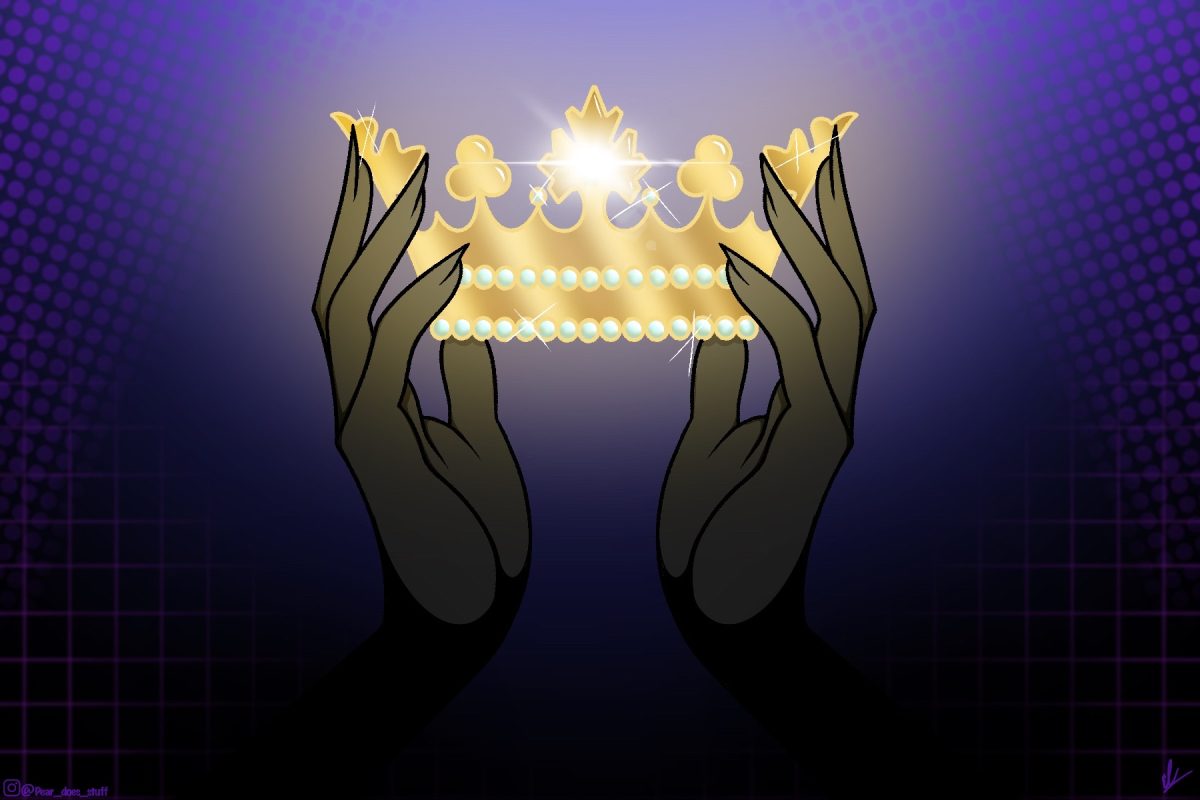













![IN THE SPOTLIGHT: Junior Zalie Mann performs “I Love to Cry at Weddings,” an ensemble piece from the fall musical Sweet Charity, to prospective students during the Fine Arts Showcase on Wednesday, Nov. 8. The showcase is a compilation of performances and demonstrations from each fine arts strand offered at McCallum. This show is put on so that prospective students can see if they are interested in joining an academy or major.
Sweet Charity originally ran the weekends of Sept. 28 and Oct. 8, but made a comeback for the Fine Arts Showcase.
“[Being at the front in the spotlight] is my favorite part of the whole dance, so I was super happy to be on stage performing and smiling at the audience,” Mann said.
Mann performed in both the musical theatre performance and dance excerpt “Ethereal,” a contemporary piece choreographed by the new dance director Terrance Carson, in the showcase. With also being a dance ambassador, Mann got to talk about what MAC dance is, her experience and answer any questions the aspiring arts majors and their parents may have.
Caption by Maya Tackett.](https://bestofsno.com/wp-content/uploads/2024/02/53321803427_47cd17fe70_o-1-1200x800.jpg)
![SPREADING THE JOY: Sophomore Chim Becker poses with sophomores Cozbi Sims and Lou Davidson while manning a table at the Hispanic Heritage treat day during lunch of Sept 28. Becker is a part of the students of color alliance, who put together the activity to raise money for their club.
“It [the stand] was really fun because McCallum has a lot of latino kids,” Becker said. “And I think it was nice that I could share the stuff that I usually just have at home with people who have never tried it before.”
Becker recognizes the importance of celebrating Hispanic heritage at Mac.
“I think its important to celebrate,” Becker said. “Because our culture is awesome and super cool, and everybody should be able to learn about other cultures of the world.”
Caption by JoJo Barnard.](https://bestofsno.com/wp-content/uploads/2024/01/53221601352_4127a81c41_o-1200x675.jpg)





